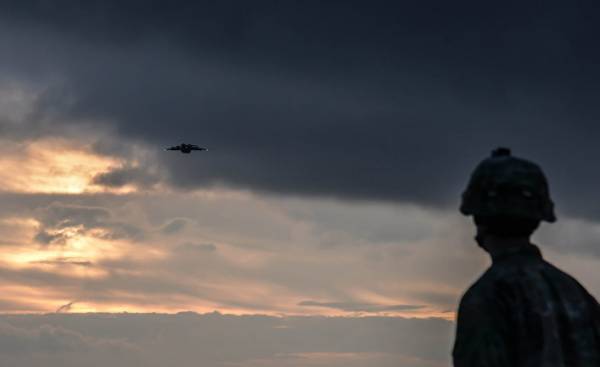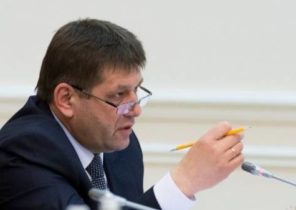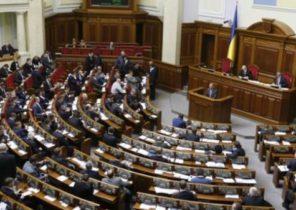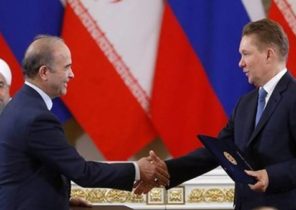
Washington. — When in the previous month American destroyers fired dozens of cruise missiles on the Syrian airfield, there were fears that Russia, in response, disconnects the communication line established to prevent inadvertent clashes in the skies over Syria where the two countries hold their air campaign.
But it’s been more than six months, and Russian and American military continue to use hotline to prevent conflicts in the course of air operations in Syria. Actually, to call each other, they became more frequent.
“If you talk purely about the number of calls, it has increased”, said Wednesday to reporters from the Pentagon Lieutenant General Jeffrey Harrigan (Jeffrey L. Harrigian), the commander of us aviation in the middle East.
This is not to say that American and Russian diplomats are close to an agreement about the end of the conflict in Syria or the future of President Bashar al-Assad. Rather, it indicates that troops of both countries are trying to reduce the risk of unintended conflict in close Syrian airspace where flying is not only the Americans with their allies, but also the Syrians, Russians, Turks and Israelis.
American and Russian officers began to talk to each other only after the Russian intervention in Syria in 2015. The two sides do not interact in matters of strategy, but sharing information to avoid mid-air collisions and other problems, using the telephone line that connects the air base al-Udeid air base in Qatar, where the command center of a coalition aircraft in the U.S., with the Russian base in the Syrian Latakia.
The United States took advantage of this hotline and warned Russian 7 April, shortly before the bombing of the airfield from which the Syrian planes struck with the use of chemical weapons, which killed 80 civilians. It is believed that there were at least 100 Russian soldiers. The Americans tried not to strike him, and none of the Russians was not injured.
Russian leaders, angry that their ally Syria was attacked, threatened to suspend the agreement on aviation safety agreement between the US and Russia.
But apparently the Russians decided that a missile attack is an isolated incident and not the beginning of large-scale military operation to remove al-Assad from power.
The us military wanted a communication line continued to work, as it allows you to strike the “Islamic state” (banned in Russia organization — approx. TRANS.) in Syria without the fire of Syrian and Russian air defense systems.
“We had to increase the volume of works on elimination of conflict situations with the Russians in terms of congested airspace, where we act ourselves,” said Harrigan.
Tensions between the two sides is maintained. May 9 Russian fighter persistently pursued by the American tanker aircraft KC-10, and General Harrigan called such actions “non-interception”. According to him, the us military has raised this issue before the Russian, who has acknowledged the problem.
He noted that some talks with the Russians are maintained at a high level. With the coalition, the dialogue supports major-General, Vice-Harrigan.
The Chairman of the joint chiefs of staff General Joseph Dunford, Jr., (Joseph F. Dunford Jr.) have also taken steps to establish communication with the Russian military. Last week, he stated that Lieutenant-General Kenneth Mackenzie (Kenneth F. McKenzie), guiding the planning in the joint chiefs of staff, speaks with his Russian counterpart.
Hotline was featured in a recent episode when the convoy of the Shiite militants who support Assad and are receiving assistance from Iran, headed towards the garrison in the village of al-TANF, where special forces from the United States and the allies preparing Syrian militias fighting against ISIS.
Part of the militants with a bulldozer, an excavator and a tank separated from the main group and began to build a small checkpoint. The Americans decided that they would make it too close to al-Tapu, creating a certain threat. Warning shots failed, because the rebels didn’t want to leave, the Americans launched a air strike.
Now American officers maintain contact with their Russian counterparts, hoping that those will be able to convince the militants not to repeat such actions.
“Using Russian we try to bring to them our thoughts: we do not wish to create a threat to us,” said Harrigan.







